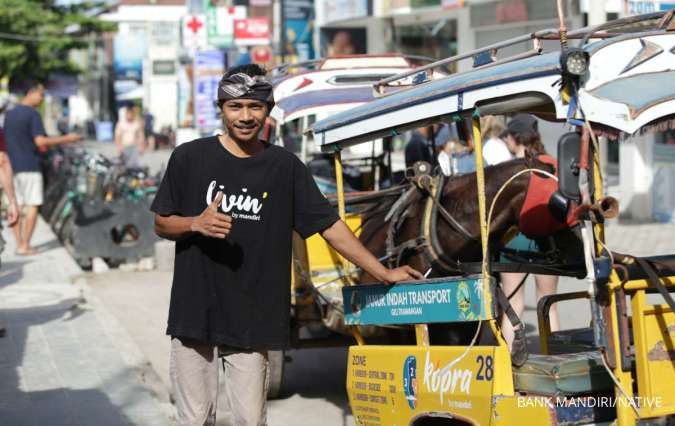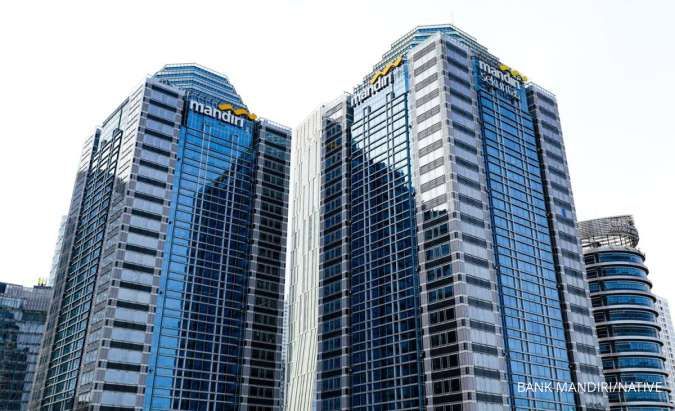KONTAN.CO.ID - WASHINGTON. Leaders from the United States and China encountered a new obstacle in their struggle to end a damaging trade war on Wednesday, when the summit where they were supposed to meet was canceled because of violent protests. U.S. President Donald Trump said this week he hoped to sign an interim trade deal with Chinese counterpart Xi Jinping during the Nov. 16-17 Asia-Pacific Economic Cooperation summit in Chile. Chilean officials said they canceled the summit to focus on restoring law and order in the country. The White House said afterwards the United States still expects to sign an initial trade agreement with China next month, but no alternate location had yet been set for Xi and Trump to meet.
"We look forward to finalizing Phase One of the historic trade deal with China within the same time frame," the White House said in a statement that omitted a mention of the president or his planned meeting with Xi. Read Also
: U.S. removes tariffs for five Indonesian products China's commerce ministry said in a statement on Thursday the bilateral talks will continue to proceed as previously planned and the lead trade negotiators from both countries will speak by telephone on Friday. U.S. and Chinese negotiators have been racing to finalize a text of the "phase one" agreement for Trump and Xi to sign next month, a process clouded by wrangling over U.S. demands for a timetable of Chinese purchases of U.S. farm products. Treasury Secretary Steven Mnuchin, who was traveling in the Middle East, told Reuters on Wednesday that U.S. discussions with China had been productive, and work on finalizing the text of the deal was continuing. China's commerce ministry also said on Thursday the negotiations were progressing well. The White House intends to offer some U.S. locations as alternatives for the APEC summit, according to one source familiar with U.S. thinking. Alaska and Hawaii could be potential options that would be acceptable to China, said a second source familiar with the issue. China has also suggested Macau as a possible venue, according to one China trade source familiar with the issue. "LOTS OF OPTIONS" The White House had no immediate comment on alternative locations, and the Chinese commerce ministry's statement on Thursday did not address whether Trump and Xi would still meet next month. But trade experts said arranging another summit at short notice would be tough. "These summits - especially one involving 21 leaders - are a massive undertaking, and moving one with two weeks' notice is all but impossible," said Matthew Goodman, a former National Security Council official and an adviser at the Center for Strategic and International Studies, a Washington think tank. The White House is "clearly signaling that it really wants the Trump-Xi bilateral to go ahead," Goodman said. "But it seems more likely that they'll have trade ministers or ambassadors sign the 'phase one' deal and save the leaders' meeting for later." A critical date is Dec. 15, when new U.S. tariffs on Chinese imports such as laptops, toys and electronics kick in. Both the United States and China have an interest in reaching a deal and averting those tariffs.
Read Also: U.S. economy likely lost further ground in third quarter Trump suspended U.S. tariffs that were planned for Oct. 15 earlier this month, after trade talks in Washington. But the White House has not announced any plans to defer or cancel the Dec. 15 ones.
"I personally think that the two sides hope to reach an 'armistice agreement' by the end of the year. He (Trump) needs it and we do too," Jin Canrong, Deputy Dean of the School of International Studies at Beijing's elite Renmin University and a government adviser, told Reuters. There is no obvious international meeting in the near future where Trump and Xi could meet on the sidelines, since Trump is not attending the East Asian Summit in Thailand next week, one diplomat said. Trump has expressed interest in visiting Australia for the Presidents Cup golf tournament that starts Dec. 9, which would put him in the region. "There are lots of options out there for the two leaders to sign the deal," said Wei Jianguo, vice chairman of Chinese state-backed think tank China Center for International Economic Exchange told Reuters during a forum in Singapore on China-U.S. relations. "The deal can be signed in China, the U.S., or any third-party country, like Singapore."

